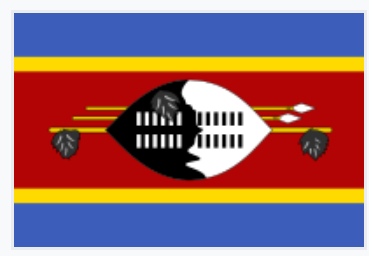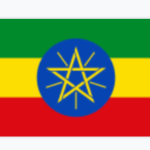Eswatini, formerly known as Swaziland, is a landlocked country in Southern Africa. It is one of the smallest countries in Africa, but also one of the most culturally rich and diverse. Eswatini has a population of about 1.1 million people, most of whom belong to the Swazi ethnic group and speak the Swati language. The country is a constitutional monarchy, with King Mswati III as the head of state and a prime minister as the head of government.
Eswatini is known for its scenic landscapes, wildlife reserves, and cultural festivals. The country has a variety of natural attractions, such as the Malolotja Nature Reserve, which boasts the highest waterfall in Eswatini, the Sibebe Rock, which is the largest exposed granite dome in the world, and the Hlane Royal National Park, which is home to lions, elephants, rhinos, and other animals. Eswatini also hosts several annual events that showcase its rich traditions and heritage, such as the Umhlanga Reed Dance, which is a ceremony where thousands of young women dance before the king to celebrate their chastity and loyalty to the nation, and the Incwala Ceremony, which is a ritual where the king and his warriors perform various rites to mark the beginning of a new year.
Eswatini is a country that has faced many challenges, such as poverty, HIV/AIDS, and political unrest, but also a country that has shown resilience, optimism, and progress. Eswatini has made strides in improving its health care system, education sector, and human rights situation. Eswatini is also a member of several regional and international organizations, such as the Southern African Development Community (SADC), the African Union (AU), and the Commonwealth of Nations. Eswatini is a country that has a lot to offer to visitors who want to experience its unique culture, history, and nature.








